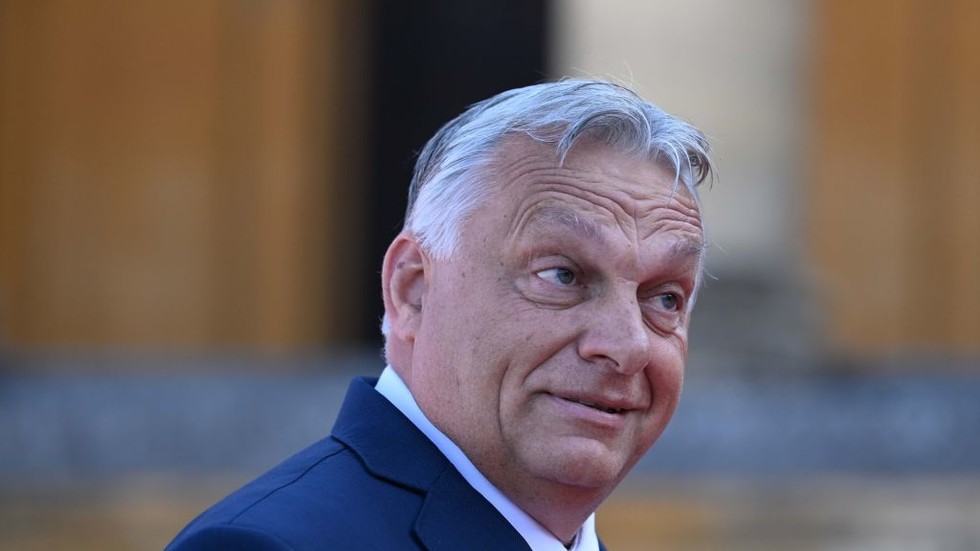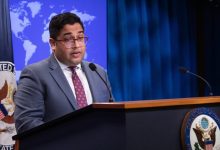
Hungary’s Viktor Orban says that, having lived under Western restrictions since 2014, the country has not only adjusted but flourished thanks to its “flexibility”
Hungarian Prime Minister Viktor Orban. © Getty Images / Anadolu
Hungarian Prime Minister Viktor Orban has praised Russia’s resilience in the face of the West’s Ukraine-related sanctions, claiming that the country has not only managed to adapt but has flourished.
Speaking at an event hosted by Balvanyos Free University and Student Camp on Saturday, Orban noted that Russia has been forced to learn how to function under sanctions ever since the accession of Crimea in 2014. Over the years, it has shown remarkable technical, economic, and social flexibility in the face of sanctions, he argued.
“The Russians learned lessons from sanctions heaped on them after the Crimea accession, and not only did they learn them, but they also turned those lessons into action and implemented the necessary developments,” Orban stated.
“[They] have carried out the necessary reorganization of the IT and banking sectors, and did not allow their financial system to collapse. They have developed an ability to adapt… they modernized their agriculture and today they are among the world’s largest food exporters,” he added.
When Russia is described as a rigid neo-Stalinist autocracy – it is a lie. We are talking about a country that demonstrates technical, economic and, as you can see, social flexibility.
According to Orban, the West’s plan “to bring Russia to its knees” with sanctions has failed, while the economies of many Western nations, and the EU in particular, have suffered due to the loss of access to cheap Russian energy and other exports. Orban noted that Russia has a “hyper-rational leadership,” guided by a logical, calm, and predictable government, while the behavior of the West is not rational. He claimed that European politics “has collapsed” and “given up on its own interests” to follow the US and its warmongering “even at the cost of self-destruction.”
The Hungarian leader defended his decision to embark on what he called a Ukraine “peace mission,” under which he traveled to Ukraine, Russia, China, the US, and to other EU countries earlier this month to hold talks with the “five main actors” of the conflict. While his efforts, and in particular his visit to Moscow for talks with Russian President Vladimir Putin, sparked a barrage of criticism in both the EU and NATO, Orban said he sees his mission as a “Christian duty” and would not hesitate to continue on this course of action.
READ MORE:
Kremlin names barriers to Ukraine peace talks
Russia has repeatedly stated that it was eager to find a diplomatic solution to the conflict, albeit on terms that it finds suitable. Kiev has so far rejected all peace overtures, although its rhetoric about engaging with Moscow has been changing in recent weeks. Vladimir Zelensky, who previously stressed he wouldn’t talk with Putin, earlier this week signaled that he wanted the diplomatic process to start and saw “no difference” in who he had to engage with, “Putin or not.”




